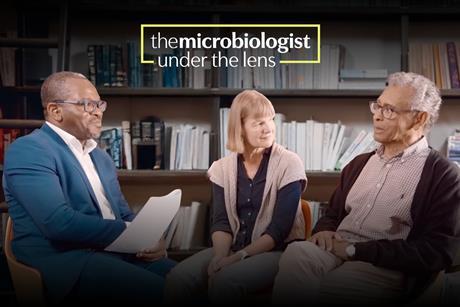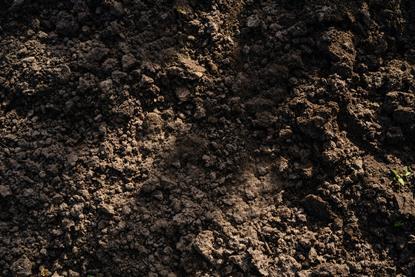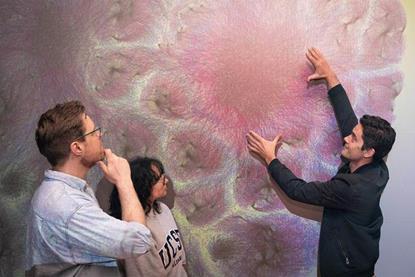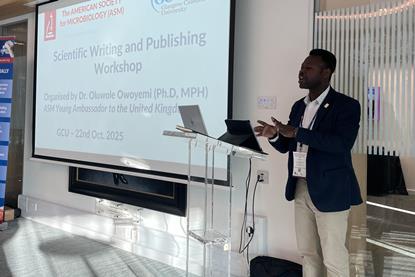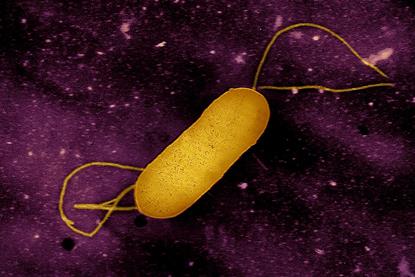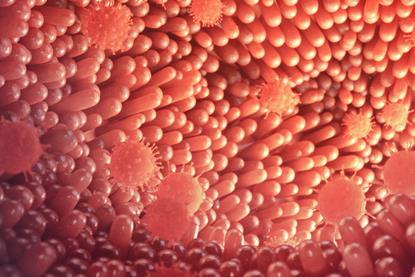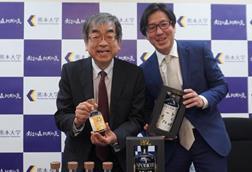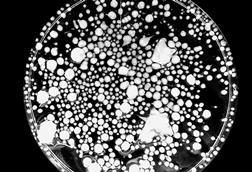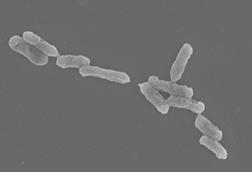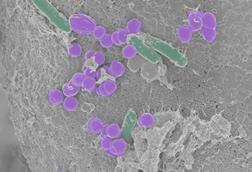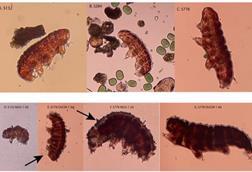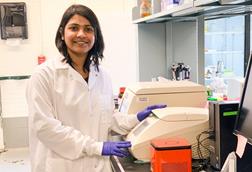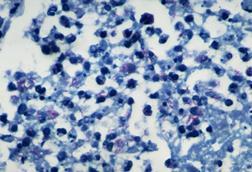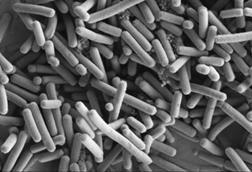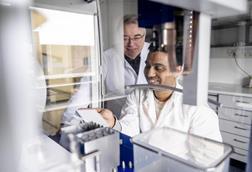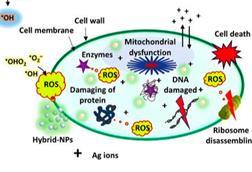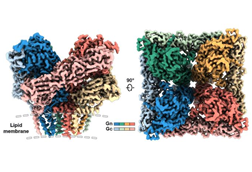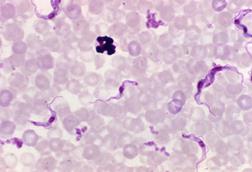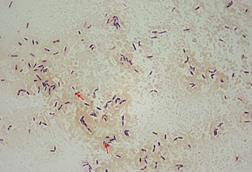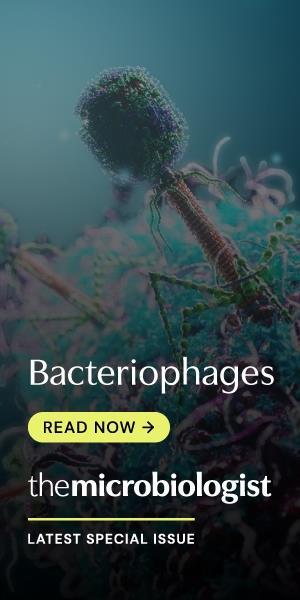Applied Microbiology International
The Microbiologist showcases the work that Applied Microbiology International does in applying the diverse experience of global, interdisciplinary experts to solve global challenges.
AMI News
Under the Lens: Nicola Holden and Gil Domingue weigh in on the raw milk debate
The latest episode of Applied Microbiology International’s ‘Under The Lens’ video series turns the spotlight on the contentious issue of raw milk, with AMI Trustee Professor Emmanuel Adukwu interviewing Professor Nicola Holden and Dr Gil Domingue.
Applied Microbiology International launches new report on improving soil health in the UK
Scientists have warned that the world’s tiniest organisms need to be taken into account in efforts to improve soil health. AMI has launched a new policy report setting out key recommendations to support the long-term protection, restoration and sustainable management of soils across the UK’s four nations.
World Water Day 2026: Book your free place on our Gender Equality and Water webinar
Applied Microbiology International will hold a free webinar on ‘Gender Equality and Water’ to mark World Water Day 2026 - March 18 2026. We’ll be joined by Professor Jiménez Cisneros, an expert in water management, sanitation and sustainable development, and Professor Lyla Mehta, an expert on water, sanitation, gender and development.
Personalized predictions of probiotic and prebiotic therapy success by computer models
A new study demonstrated that computer models of gut metabolism can predict which probiotics will successfully establish themselves in a person’s gut and how different prebiotics affect production of health-promoting short-chain fatty acids.
Lower tillage boosts the soil’s natural phosphorus cycle - cutting the need for costly fertilizer inputs
Long-term tillage reduction helps to restore the soil’s natural phosphorus cycle, supporting more sustainable nutrient management with less reliance on costly and finite fertilizer inputs, according to a new study published in Sustainable Microbiology.
Webinar: What does it mean when environmental microbiomes are described as resilient?
Environmental microbiomes are often described as ‘resilient’ - but what does that even mean? A free upcoming webinar and coffee hour delivered by Dr Ashley Shade, as part of the Microbes and Social Equity 2026 Speaker Series, aims to find out.
From ambassadorship to action: Leading a national scientific writing and publishing workshop in the UK
Medical Microbiologist and Antimicrobial Resistance Researcher Dr. Oluwole Owoyemi, ASM Young Ambassador to the UK, reveals why he designed a scientific writing and publishing workshop for early career scientists - and how it went.
Previously unknown viruses discovered in groundwater
Researchers have created a comprehensive picture of viral diversity and function in a groundwater system. They identified over 257,000 viral operational taxonomic units, i.e. viruses at species level, 99 % of which were previously unknown.
Listeria: the inconvenient truth that shaped our industry
Director General of the Chilled Food Association, Karin Goodburn MBE, who sits on AMI’s Food Security Advisory Group, reveals why the publication of new Listeria guidance for the UK food industry is regarded as a landmark moment.
Journal of Applied Microbiology launches new Research Themes for 2026
The Journal of Applied Microbiology is kicking off 2026 with the unveiling of four key Research Themes under the JAM umbrella. Each Theme encompasses emerging hot topics and leading-edge research that align with AMI’s goal to apply microbiology to solving the world’s greatest challenges.

